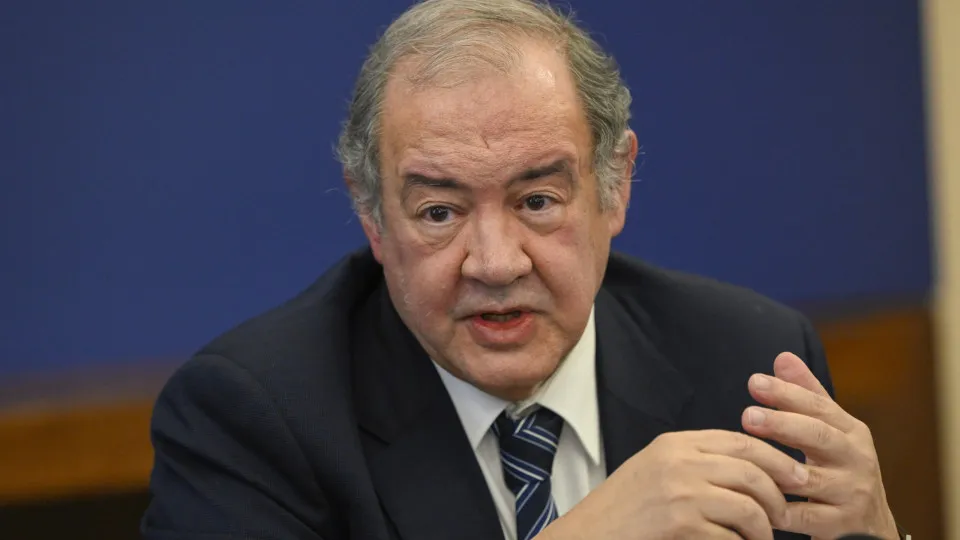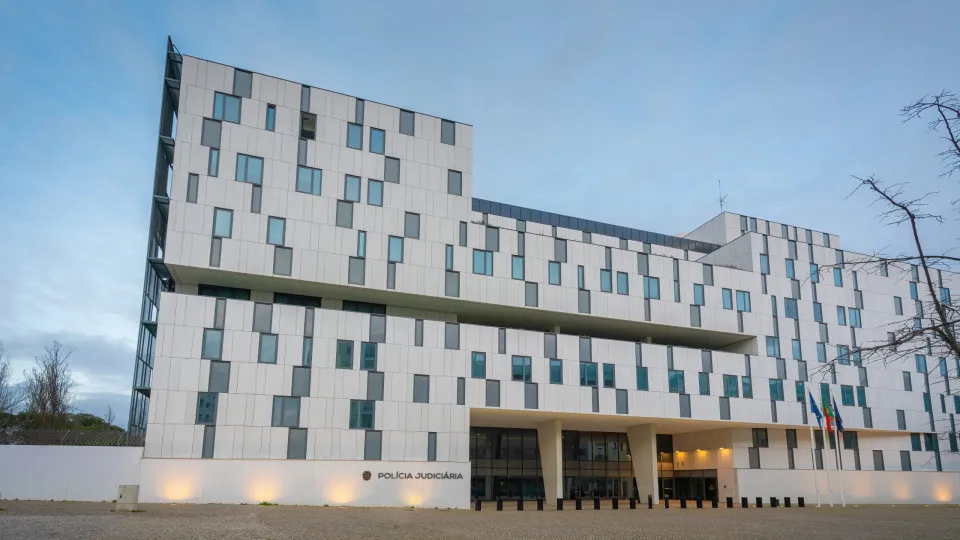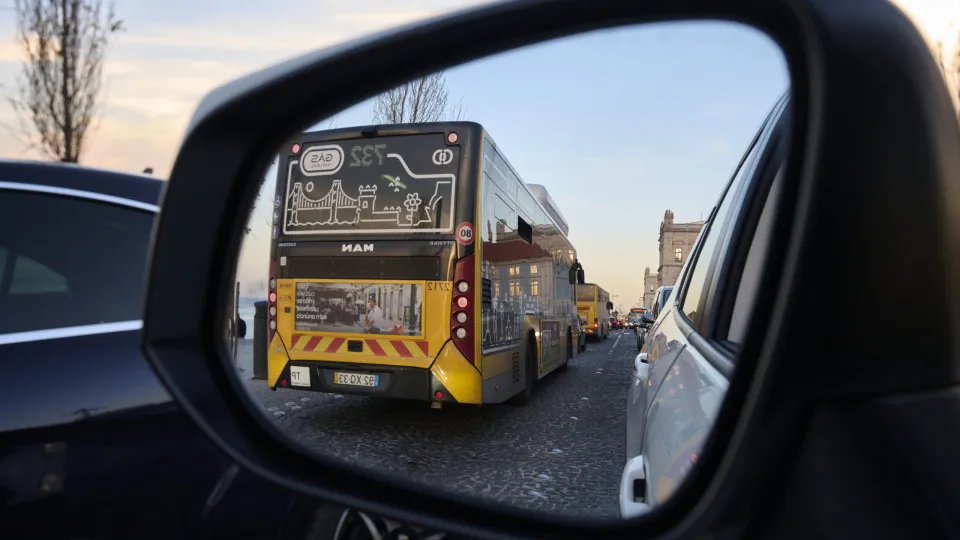
Native of Angola, Costa Silva today launches the book “Angola aos Despedaços – 50 years later what future?” at the Calouste Gulbenkian Foundation in Lisbon. The book reflects on the dreams and aspirations of Angolans, presents a negative assessment of the last 50 years by analyzing the causes of failure, and outlines a path for the future with a development strategy for the country.
“This book does not shy away from any analysis, and we have here a large elephant in the room that is never discussed, which is the problem of corruption in Angola [and which] needs to be fundamentally addressed,” he stated in an interview.
Costa Silva emphasized that an “ethical and institutional reform” is essential.
“I cite in the book a very interesting study by the Center for Scientific Studies and Research at the Catholic University of Angola, led by one of Angola’s most notable economists, Professor Manuel Alves da Rocha. Between 2002 and 2015, they identified that the Angolan state collected around 840 billion dollars from oil revenues, royalties, and company taxes, an astronomical amount of money – that’s three times the GDP of Portugal,” he exemplified.
The study’s authors found that despite the Angolan authorities claiming this amount was primarily allocated to infrastructure investments, only 110 billion dollars were truly destined for that purpose, he highlighted.
“This means 730 billion dollars disappeared. This money vanished to feed the political elite associated with the regime and (…) was not even invested in the country. [It was] used in megalomaniac personal projects and displays of wealth, which makes absolutely no sense. Imagine what Angola could be today if it had correctly applied these 730 billion dollars to diversify the economy, invest in education, and healthcare. We would have a completely different country,” he remarked.
Recalling that when President João Lourenço took office in 2017, “he prioritized the fight against corruption as one of his main objectives,” the former minister noted that “the progress made has been very timid and the results scarce.”
“I am convinced that unless this ethical and institutional reform takes place in Angola, Angolan politicians will not regain the people’s trust. There is much mistrust today in Angola, much disbelief (…). No society can function if there is no minimum level of trust. The best way to regain it is through an unrelenting fight against corruption,” he concluded.
António Costa Silva, who was among the crowd on the night of November 11, 1975, in Luanda when Agostinho Neto declared Angola’s independence, recalled this “extraordinarily important moment.”
“We cannot forget that the colonial regime was an oppressive regime of the Angolan people, and thus liberation was crucial to unlocking the country’s development,” he highlighted.
However, 50 years later, Angola has “about 11.6 million people living in extreme poverty” and, according to international indicators, “a very high multidimensional poverty rate,” approaching 60%, he noted.
“Therefore, we have 20 million people who do not have the minimum conditions for subsistence. We have an informal economy that encompasses 80% of the people, which corresponds to around 40% of GDP. It is impressive that after these 50 years, only 2.5 million Angolans have formal jobs with bank accounts and access to credit,” excluding “the vast majority of the population.”
Costa Silva dedicates the book “Angola aos Despedaços – 50 years later what future?”, published by Guerra & Paz, to the Angolan people, “who were harshly oppressed by the Portuguese colonial regime and whose lives have not improved in these 50 years of independence.”
“The future can and should be different, but a path must be found,” he asserts, urging Angolan political parties to place national interests at the heart of their concerns and to achieve pacts in three “transformative areas for the future”: education, health, and economic diversification, which has so far been “completely anchored in oil.”
“If they don’t do this, they will be severely penalized, and one must not forget that a very young country has a high potential for protest if the youth’s aspirations are not addressed,” he warned.
Graduated in Mining Engineering, António Costa Silva, who fought in the Amílcar Cabral Committees and the Communist Organization of Angola, was imprisoned for nearly three years in São Paulo prison, Luanda, where he was tortured by the MPLA’s political police. He pursued an international career in the oil sector, being invited by then Prime Minister António Costa to prepare a Strategic Vision for the post-covid Economic Recovery Plan and then to assume the position of Minister of Economy and the Sea.




